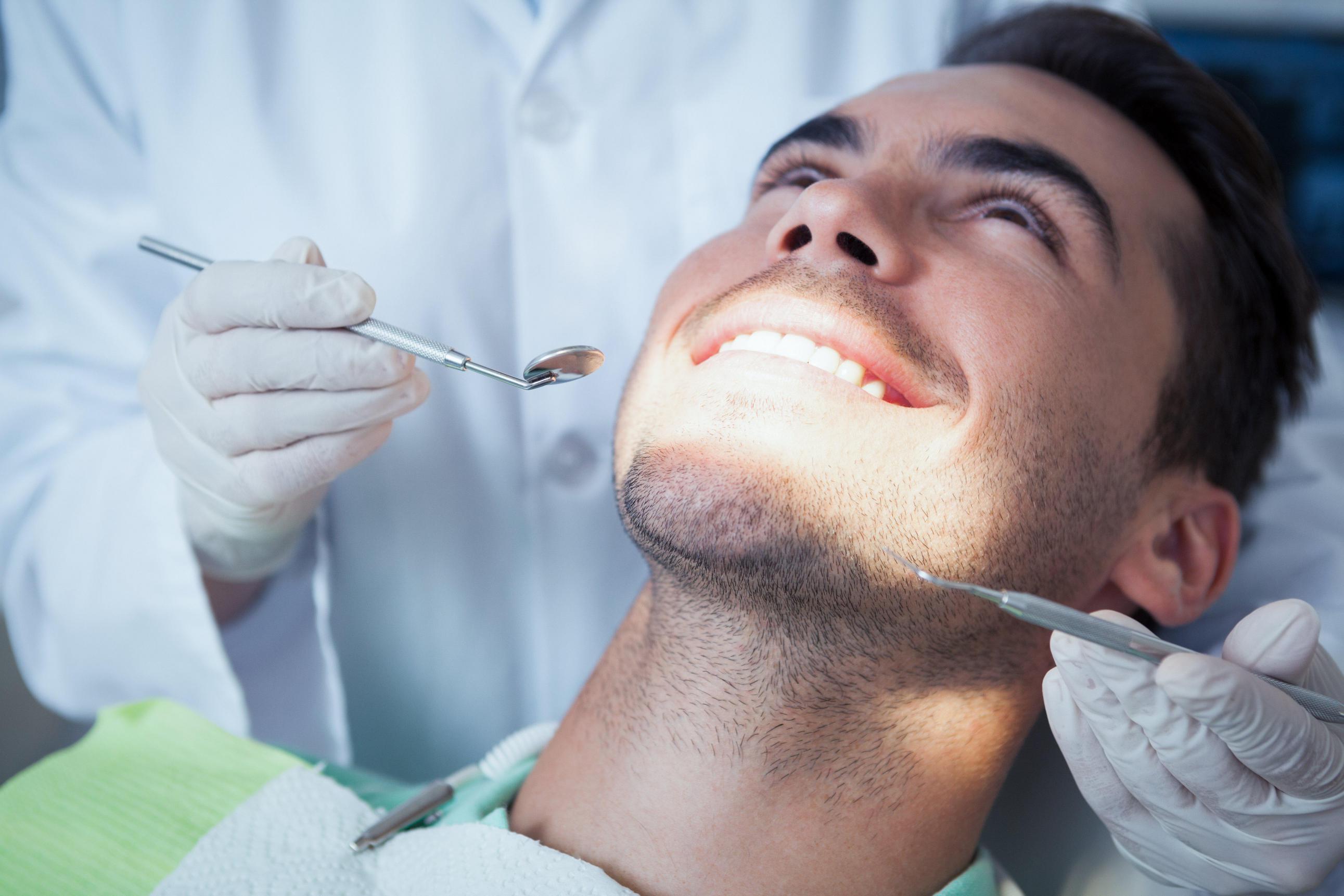In an ideal world everyone would have access to an NHS dentist but the reality is somewhat different. Many people experience difficulty in finding an NHS dentist and have to resort to private dentistry which can be expensive.
If you are fortunate enough to find an NHS dentist then you may find that they only provide treatment to particular groups of people, for example, children. Not every dentist has to provide NHS treatment or add you to their list but if this is the case then they must inform you of this and recommend an alternative.
FINDING AN NHS DENTIST
Demand for NHS dentistry varies between locations with some areas experiencing a higher demand than others. Contact various dental practices in your area to see if any of them are taking on new NHS patients. Check to see if they will accept you for NHS treatment as some practices will only treat patients who are in receipt of social security benefits or fit other criteria.
There are various ways of finding an NHS dentist which include:
- Telephone NHS Direct on 0845 4647
- Type in a search query in the NHS Choices website
- Contact the Citizens Advice Bureau
THE PRIMARY CARE TRUST
If you are unable to find a dentist then contact the local Primary Care Trust (PCT) in your area and ask them for their dental access helpline. They have an obligation to provide routine and emergency dental services to patients in their area.
There may be a high demand for NHS dentists in your area which means that you will be added to a waiting list. The Primary Care Trust (PCT) will contact you as soon as there is an available appointment.
NHS DENTAL COSTS: TREATMENT BANDS
NHS dental treatment falls into three bands:Band 1: �17.50
This includes an examination, diagnosis (plus X-rays), scale and polish and preventative advice, e.g. protection against tooth decay.Band 2: �48.00
This includes all options listed in Band 1 plus additional treatment such as fillings, extractions and root canal surgery.Band 3: �209.00
This includes Band 1 and Band 2 treatment plus dentures, crowns and bridges.
The NHS provides a range of dental treatment which is designed to keep your teeth and gums clean and healthy. They do not provide cosmetic dental procedures such as veneers as these are seen as ‘lifestyle choices’ rather than a dental need. But if you wish to undergo cosmetic dental treatment then this will be offered as private treatment in addition to NHS treatment.
The dentist may recommend a particular type of treatment which does not fall into any of these 3 bands. If this is the case then you should not be asked to pay for it.
STANDARDS OF DENTAL CARE
NHS dental treatment must be provided to the same high standard as private treatment. The dentist must not refuse you any type of NHS treatment but then offer this as a private option.
The dentist will discuss all treatment options with you which include both the benefits and risks. They will also provide advice on caring for your teeth and gums.
MAKING A COMPLAINT
If you are unhappy with any aspect of your treatment then:Contact your local dental practice and speak to the manager
ORContact your local Primary Care Trust (PCT)
The Primary Care Trust (PCT) has an NHS complaints procedure in place and responsibility for dental services in their area. They will investigate your complaint and inform you of the outcome within an agreed timescale. Most complaints are resolved at this level.
If you are still dissatisfied with the outcome then there is the option to escalate your complaint to the Parliamentary and Health Service Ombudsman. This is an independent body who will review your complaint in a fair and unbiased manner with the aim of achieving a positive result.
Contact the Parliamentary and Health Service Ombudsman
on 0345 015 4033 or visit their website at www.ombudsman.org.uk
Further advice can be obtained via NHS Direct or your local Citizens Advice Bureau. Another good source is the General Dental Council (GDC) which is a regulatory body for both patients and dental professionals in the UK.
